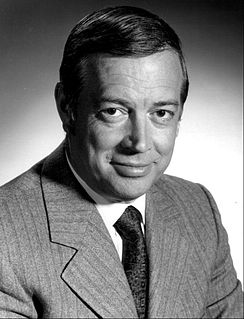A Quote by Elizabeth Blackburn
I spent my first 4 years living in the tiny town of Snug, by the sea near Hobart. Curious about animals, I would pick up ants in our backyard and jellyfish on the beach.
Related Quotes
When I wrote the song, I had the sea near Bombay in mind. We stayed at a hotel by the sea, and the fishermen come up at five in the morning and they were all chanting. And we went on the beach and we got chased by a mad dog-big as a donkey. ... I think that songwriting changed when groups started spending more time in the studio. ... I've written so many songs about Englishmen, I have to go elsewhere. ... Our repertoire consisted of rhythm and blues, sort of country rhythm and blues, Sonny Terry things.
I have spent many hours on the beach collecting sea glass, and I almost always wonder, as I bend to pick up chunk of bottle green or a shard of meringue white, what the history of the glass was. Who used it? Was it a medicine bottle? A bit of a ship's lantern? Is that bubbled piece of glass with the charred bits inside it from a fire?
There are more stars known to exist right now than the total number of all the grains of sand on every beach in the entire world. With those kinds of odds, it would seem downright naive for someone to go to a beach in, say, some out-of-the-way inlet in Baffin Bay, stoop to pick up only one tiny grain of sand, and declare that that grain alone was the only place where life could exist.
Chances are, the aliens will not want to land on our backyard, or even the White House lawn, with their flying saucers. They may have tiny, robotic self-replicating probes which can reach near light speed and can proliferate around the galaxy. So instead of the Enterprise and huge star ships, the aliens might actually send tiny probes to explore the universe. One might land on our lawn and we won't even know.
You would think with me living in Los Angeles I would go to the beach all the time, but we don't. It's the same as visiting the Statue of Liberty. If you don't live in N.Y.C., it's the first stop on your family vacation, but if you live there, you only go if you have relatives visiting from out of town!
What better way to learn about life in the ocean--and how we are changing it--than through stories of blind zombie worms, immortal jellyfish, and unicorns of the sea? The Extreme Life of the Sea is an insightful book that inspires awe and wonder about our ocean, and brilliantly shows us the immense possibilities of life on Earth.




































